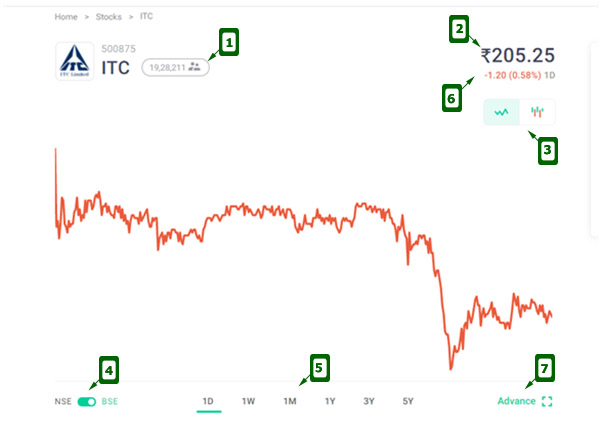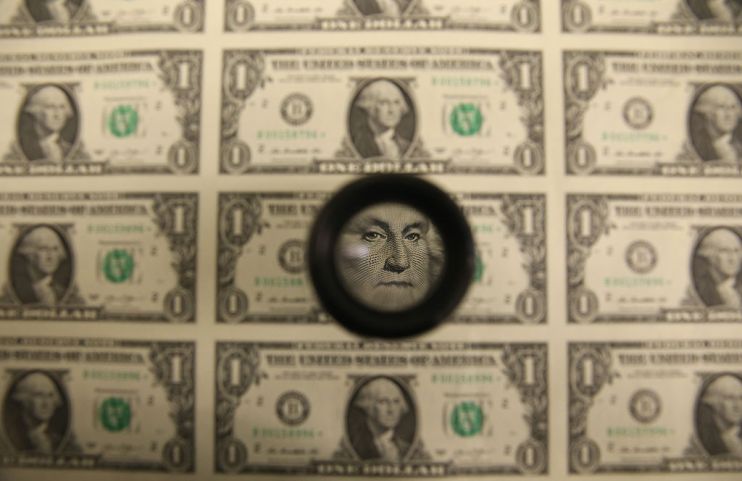Correct subsequently I hopped out the dorsum of a pickup in El Zonte, El Salvador, I recognized I wasn’t in an ordinary embankment town. El Zonte’s welcome sign had two Bitcoin logos, its cafes offered 75% Bitcoin discounts and its trash cans sported the Bitcoin emblem. I’d been hitchhiking my way through the state’s west coast, enjoying its earth-form surf conditions last month, and wasn’t looking for its Bitcoin epicenter. But somehow, I’d stumbled right in.
When El Salvador fabricated Bitcoin legal tender last September, many — myself included — reacted skeptically. Nayib Bukele, El Salvador’s president, seemed to exist YOLOing away the land’s treasure like a Reddit-addicted crypto trader.
Bukele bought millions of dollars worth of Bitcoin, complained he “missed the f***ing bottom by seven minutes,” so Bitcoin’southward cost tanked, costing the country dearly. It seemed like a mess. But the reality on the ground, I plant, is more complicated than the narrative. There’south a practiced chance El salvador’s Bitcoin experiment works out, at least in some means.
Related Commodity: How Blockchain Is Enabling Digital Transformation
Customs Outreach Origins
The Bitcoin movement in El salvador began in El Zonte when a California surfer named Mike Peterson received an anonymous $100,000+ Bitcoin donation for the boondocks’due south residents. Peterson had been doing community work in El Zonte for years and accepted the money with a mandate to become information technology in people’s easily. “We formulated a programme to start injecting Bitcoin into the community,” he told me. “And information technology kind of simply exploded from there.”
Bitcoin took off in El Zonte for a reason: it was useful to its people. The first, most immediate benefit was it helped Salvadorians avoid exploitative remittance fees they paid on the $half dozen billion that friends and family outside the country sent back each year.
Less credible, but mayhap more important, was that seventy% of the people in El Salvador were unbanked, and a digital wallet would help them start investing. “The Salvadorian people don’t have depository financial institution accounts — now they exercise,” explained Roman Martinez, who works with Peterson in El Zonte. “People are buying an nugget for the first time.”

Alex Kantrowitz
After Bukele took office in June 2019, he caught current of air of what was taking identify in El Zonte and moved to make Bitcoin legal tender, compelling the land’due south merchants to have it equally payment for their goods and services. The law went into effect last fall, turning El Salvador into the first country where Bitcoin is an official currency (the Us Dollar works there as well) and setting off the world’s largest natural Bitcoin experiment. El Zonte, where it all began, turned into a quasi-Mecca for Bitcoiners worldwide.
Related Article: How Blockchain Is Changing Advertizement
Bitcoin’southward Bear upon Today
Today, simply five months after becoming legal tender, Bitcoin is everywhere in El salvador. You can use information technology in McDonald’south, fancy coffee shops or small groceries people run from living rooms with QR codes hanging out front to enable Bitcoin transactions. El salvador also has its ain wallet, called Chivo (pregnant “cool”), and it gives anyone who downloads it $30. At that place have been some hiccups with Chivo’s technology, merely 2.one million Salvadorians, or a third of the country, take used it. Equally Martinez put it, many are holding an asset for the commencement time.
For Bitcoin’s true believers, there’s a ton riding on the El Salvador experiment. If Bitcoin is to achieve its full potential, information technology must exist both a shop of value and something people utilize to transact. And Republic of el salvador is its crucial proving ground. “Its journey,” said Max Kaiser, an influential figure in the El Salvador Bitcoin scene, “is i that travels through its perception every bit being outset a collectible more than or less, and then a store of value, then a medium of substitution and then a unit of account, which is the same path all money takes.”
Bitcoin enthusiasts accept thus descended on the country — Bitcoiners on El Zonte’due south streets asked me if I’d seen Kaiser — and their enthusiasm has mixed benefits. They’re investing in the country, with some spending 3 bitcoin with hopes to obtain permanent residency. But their exuberance could bulldoze the controversial Bukele into risky decisions, such as the opening of a largely tax-free “Bitcoin city” and the issuing of $1 billion “Volcano Bonds,” where Republic of el salvador will invest half the coin raised in Bitcoin straight away, volatility be damned.
Bitcoin volatility, of course, will bear on everyday Salvadorians who’ve decided to invest in Bitcoin. One eatery possessor who spoke to the Fifty.A. Times called Bitcoin “the devil’s money.” But in today’southward economy, people build wealth past taking risks. And if people elsewhere have that ability, then should Salvadorians. Republic of el salvador’southward Bitcoin experiment may not work, it could implode, but in that location’s a gamble it succeeds, and that makes it worth trying.
Source: https://www.cmswire.com/digital-experience/why-el-salvadors-wild-bitcoin-experiment-might-just-work/
 RosyandBo.com Trusted Information and Education News Media
RosyandBo.com Trusted Information and Education News Media



